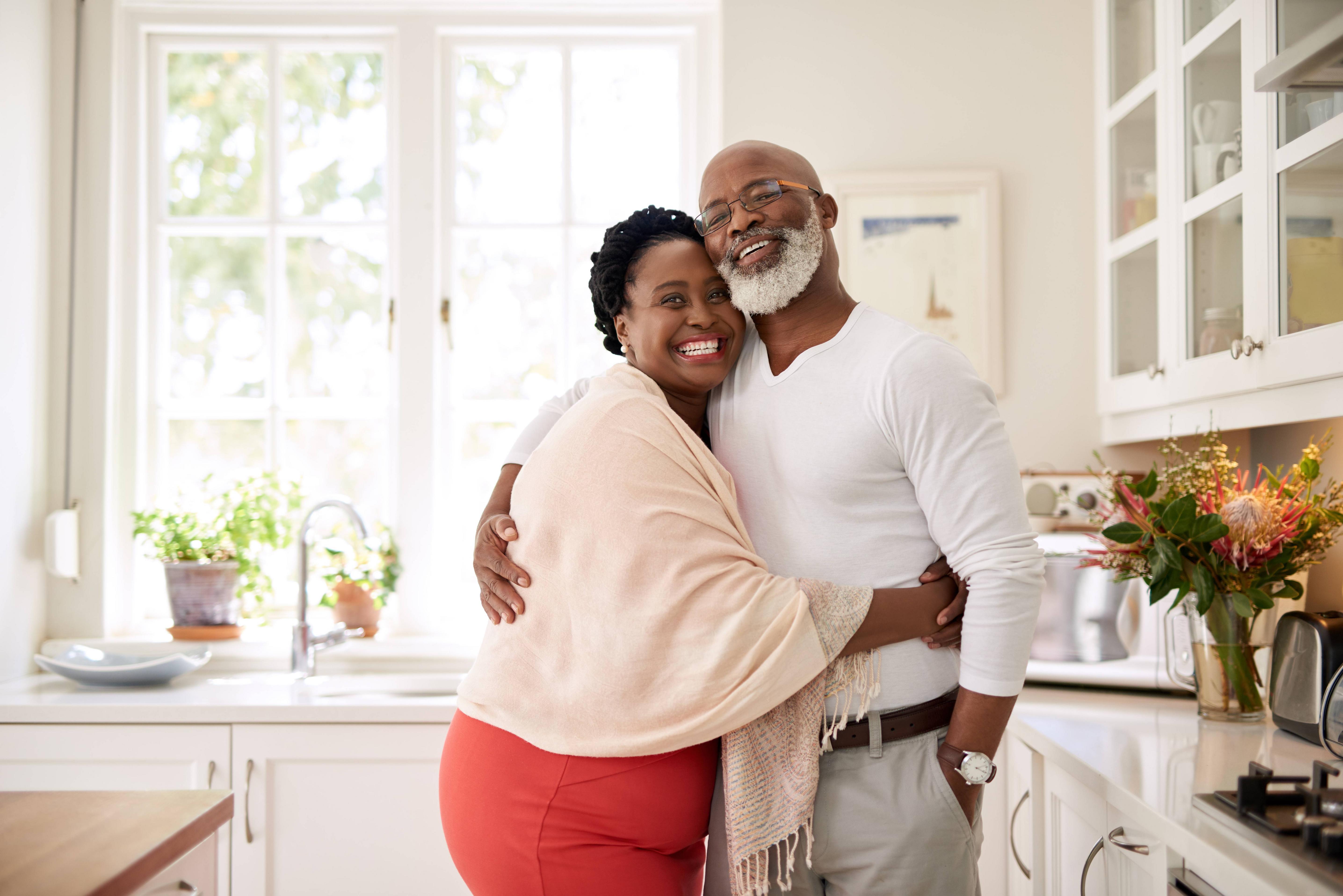
You may be interested in applying for family caregiver programs that pay a fee. This is a great way to earn extra money and care for your loved ones. California has several programs that pay families for the care of an elderly family member or disabled person. But, in order for you to become a registered caregiver, there are certain requirements.
Being a family caregiver means getting paid
There are several ways to get paid to care for an elderly parent or disabled family member in California. While some programs will pay for medical assistance, others will not. Eligibility depends on marital status, income, and insurance. One of the most crucial factors is the blood connection to the person receiving care. In some cases, caregiver programs may only pay certain family members, while others may ban family members altogether.
California's Family and Medical Leave Act gives caregivers the opportunity to apply for federal funding. This program was started in the 1950s for people who cannot care for themselves. Participants must have a monthly income of at least $877 and assets no greater than two thousand dollars to be eligible. Family members and friends can serve as caregivers, but they will need to have documentation from a doctor or another healthcare provider that details the care they provide.

Tax deductions for caregivers
California caregivers can get tax deductions if they provide unpaid care for family members who have a chronic illness or another health condition. Family caregivers typically spend $7,000 each year caring to a loved person. This represents 20% of their income. The expenses are a labor of love for many caregivers, but some may qualify for tax benefits, says David Woods, a Pacific Beach-based tax preparer and enrolled agent with the Internal Revenue Service.
California caregivers can claim tax deductions up to $500 in 2017. As long as you are providing healthcare services that are licensed, you may also be able to deduct medical expenses. To take advantage of these deductions, you must itemize your deductions.
Medi-Cal's program that pays
Medicaid states offer several programs that allow family caregivers financial assistance as well as respite. The amount of assistance provided varies from one state to the next. To apply, caregivers need to contact the eligibility office in their state. Some states also offer self-directed Medicaid programs. These programs offer family caregivers greater freedom and flexibility in managing finances.
Medicaid helps pay caregivers. It also reimburses relatives for elder care. These programs allow low-income families to cover the cost of homecare assistance for their loved one. The caregivers should be open with their loved one about their finances to help them find the best solution. Paying cash to relatives for caregiving could affect an individual’s eligibility for Medicaid benefits. As such, caregivers should check with their state Medicaid agency.

Insurance that covers long-term care and includes caregiver payments
If you are worried about the cost of care for an aging parent, a long-term care insurance policy may be right for you. You could receive the funds you need to care for your loved one at home. This policy can help you pay for in-home care and still keep your independence.
Important to remember that long-term insurance may not cover medical costs, which can be expensive. It might not cover the cost of family members' care. Long-term care policies often include an exclusion period. The exclusion period can last up to 90 days. You can speak with a tax advisor or a Medicaid planner to get more information about your long-term insurance policy.